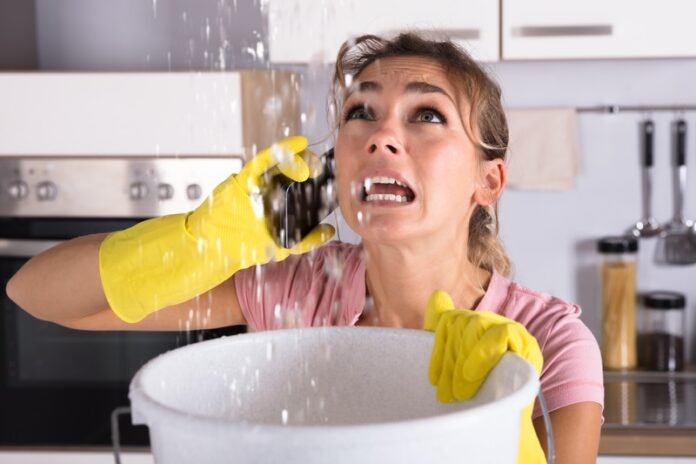
Running an office smoothly requires minimizing disruptions to your business. Proactively addressing potential issues is key to maintaining seamless operations. Regular maintenance, such as plumbing checkups, can catch minor problems before they escalate. While some tasks can be handled by office staff, having a commercial plumber on hand for expert advice can be invaluable in the long run.
This guide will highlight the importance of regular plumbing checks by outlining the many benefits they can bring to your office. Even though plumbing may not be a primary concern for your business, understanding these crucial systems can save you significant resources over time.
Preventing Major Plumbing Issues
Keeping up with regular maintenance is crucial for avoiding major plumbing issues. It’s a lot like taking care of your health—the longer you wait to tackle a problem, the worse it gets. Your ideal maintenance schedule will depend on your business’s needs. For most offices, an annual plumbing check is enough. However, if your building uses a lot of water, it’s a good idea to have inspections twice a year to be safe.
Enhancing Office Safety
When people enter your building, they rely on access to clean drinking water and bathroom facilities. Keeping the water supply free of contaminants is crucial for maintaining a safe office environment. Similarly, proper waste disposal in bathrooms is essential. A good plumbing plan can help eliminate dirty water and unpleasant odors, ensuring a clean and healthy space that makes a positive impression on visitors and staff.
Reducing Water Bills
Small issues like a leaky faucet can significantly increase your water bills over time. Regular maintenance checks can catch most leaks before they become major problems. For even greater savings, consider installing low-flow fixtures and high-efficiency toilets to naturally reduce water consumption. Encourage employees to turn off faucets when not in use and to report any unusual plumbing issues immediately.
Extending the Lifespan of Plumbing Systems
Regular maintenance can help extend the lifespan of your building’s plumbing equipment. Keeping fixtures clean is equally important, as excess grime and rust can reduce fixture and pipe usability. However, minimize the use of harsh chemicals, as they can damage the finish on many fixtures as well as certain types of pipes. Installation of a leak-prevention monitor that detects early issues from commercial plumbing services in problem areas is also a smart solution.
Maintaining a Healthy Work Environment
Employees expect a comfortable and healthy work environment. Clean bathrooms and kitchens are essential for the safety and well-being of your team. Besides regular cleaning, maintaining good air quality is crucial to keep the office smelling fresh. Unsanitary conditions can hinder employee performance, attract insects, and put off visitors.
Compliance With Local Regulations
Your city or county has ordinances and regulations that commercial properties must follow, including the National Standard Plumbing Code at the federal level. Non-compliance can result in severe penalties. These regulations are designed to ensure the safety and well-being of everyone on your property, making it easier to maintain a safe environment.
Improving Employee Satisfaction
Clean water at work isn’t just a benefit—it’s a basic necessity. Ensuring your staff has access to clean water is crucial for their health and well-being. This can lead to reduced tardiness, improved efficiency, longer employee retention, and lower healthcare costs. Additionally, providing clean water helps maintain a positive public image for your company.
The positive public image is further enhanced by adopting eco-friendly practices and green initiatives. These are popular topics in modern discourse and can generate beneficial publicity and respect for your company. Moreover, employees will feel more satisfied knowing their company is taking steps to help the environment.
Supporting Sustainable Practices
There are many fixtures and products that promote sustainable practices. Installing water-efficient fixtures, such as smart faucets that automatically shut off, can reduce water consumption. An energy-efficient water heater is another good option, especially in colder climates.
Rainwater harvesting is a clever technique that provides extra water for tasks like flushing toilets and irrigation. The best part is that the water is free. After installing a rainwater collection system, your water bill will noticeably decrease. Additionally, consider gray water harvesting to recycle used water from sinks, laundry, and toilets.
Find a Home-Based Business to Start-Up >>> Hundreds of Business Listings.
















































